The Power Struggle: Artificial Intelligence and the Law


In recent years, the rapid advancement of artificial intelligence (AI) has sparked a profound debate about its relationship with the law. The question arises: has AI transcended the power and capacity of the law? And if so, what does this mean for society? In this essay, we will delve into this intriguing topic, exploring the implications of AI's growth and its potential impact on our legal systems.
AI, with its ability to analyze vast amounts of data and make autonomous decisions, has undoubtedly revolutionized various industries. From healthcare to finance, AI has proven its potential to enhance efficiency and accuracy. However, as AI becomes more sophisticated, it raises complex legal questions that challenge the existing frameworks.
One of the key concerns is the accountability of AI systems. Traditional legal systems hold individuals accountable for their actions, but when it comes to AI, the lines become blurred. How can we assign responsibility when AI algorithms make decisions independently? This issue is particularly relevant in cases involving AI in autonomous vehicles or medical diagnosis, where the consequences of AI errors can be severe.
Furthermore, AI's ability to process and interpret vast amounts of data raises concerns about privacy and data protection. As AI algorithms become more advanced, they can analyze personal information and make predictions about individuals' behavior. This poses significant challenges for existing privacy laws, which may not adequately address the nuances of AI-driven data processing.
Another legal aspect affected by AI is intellectual property. AI systems can generate creative works, such as music or art, leading to questions about copyright ownership. Should AI-generated creations be attributed to the AI itself or its human creator? This issue challenges traditional notions of authorship and raises the need for legal frameworks that account for AI's role in the creative process.
Despite these challenges, it is important to note that AI has not entirely transcended the power and capacity of the law. While AI may outperform humans in certain tasks, it is ultimately a tool created and controlled by humans. As such, it remains subject to human oversight and regulation.
Nevertheless, adapting the law to keep pace with AI advancements is crucial. Policymakers and legal experts must work collaboratively to address the legal gaps and challenges posed by AI. This involves reevaluating existing laws, developing new regulations, and fostering interdisciplinary dialogue between technology and legal experts.
Moreover, society at large must engage in discussions about the ethical implications of AI. As AI continues to shape our lives, it is essential to ensure that its development aligns with our values and respects fundamental rights. This requires transparency in AI decision-making processes, accountability for AI's actions, and safeguards to protect against potential biases.
In conclusion, while the growth of AI has undoubtedly raised questions about its relationship with the law, it has not yet transcended the power and capacity of legal systems. However, the rapid advancement of AI necessitates a proactive approach to address the legal challenges it presents. By adapting existing laws and establishing new frameworks, we can ensure that AI operates within the boundaries of the law, promoting a society that benefits from the potential of AI while safeguarding our rights and values.
